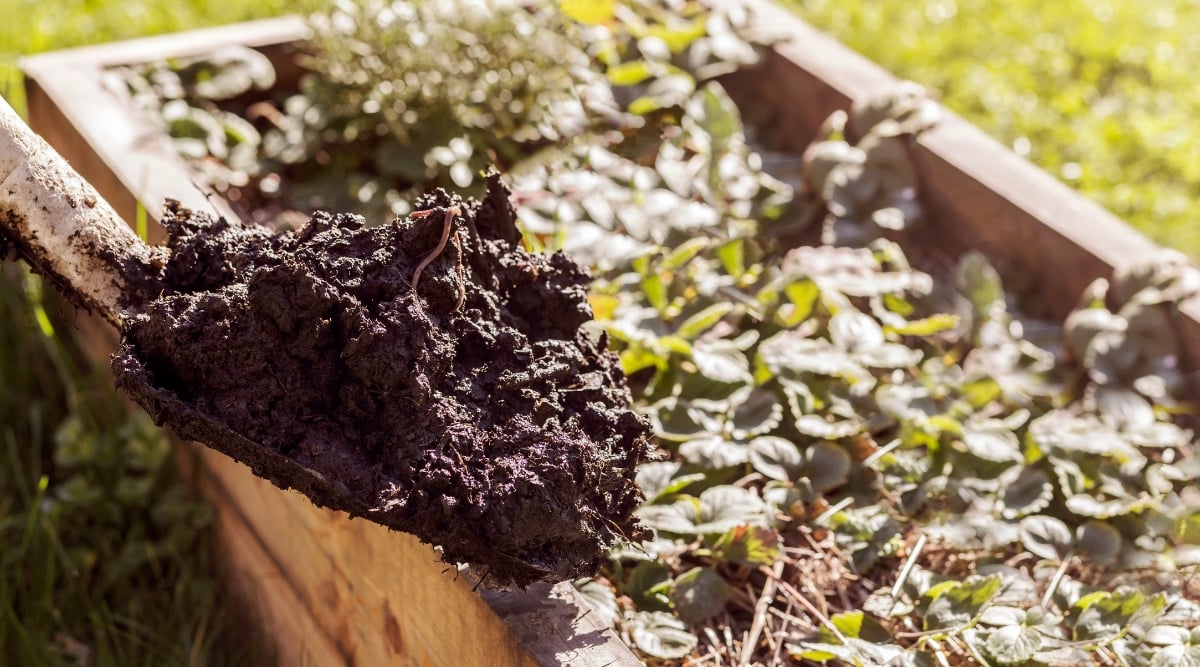Soil Improvement
There are plenitude of myth surrounding the practice of compost , from smell to pest trouble and more . We break down the most vulgar composting myths and why you should n’t consider them .
content
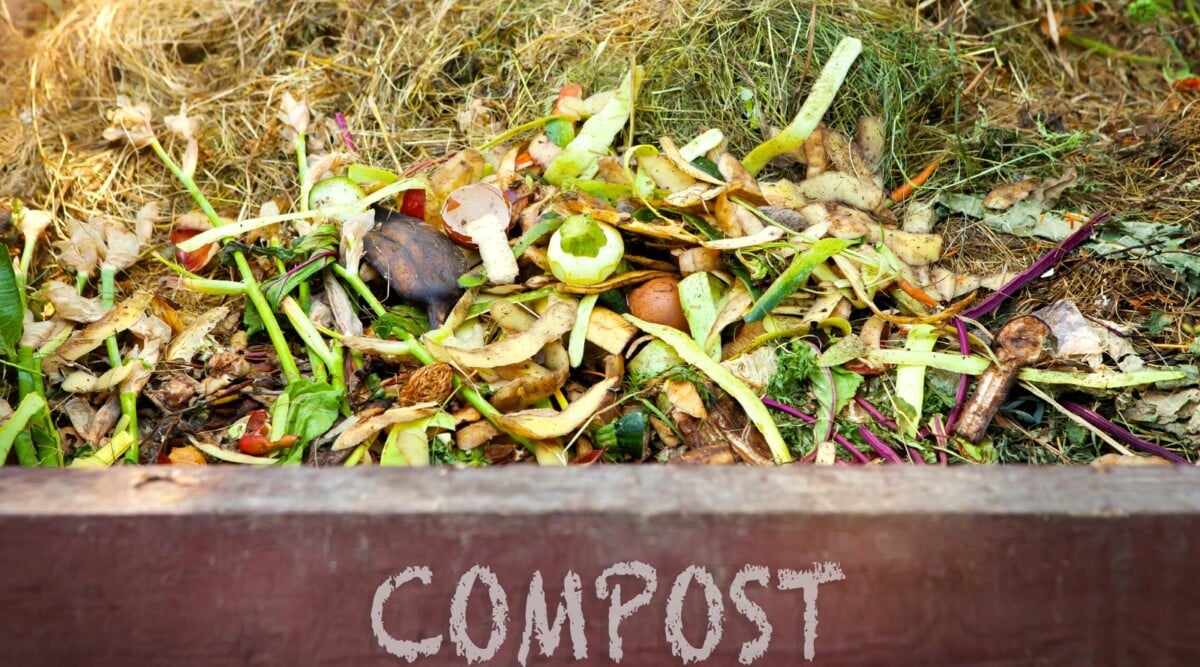
If you want to improve the soil health of your garden and reprocess your kitchen and garden dissipation in an environmentally friendly way , compost is a no - brainer . Unfortunately , despite the many benefits , gardener often overlook this wonderful practice due to a few insidious myth that make it seem like it is not worthwhile .
From high-risk smells to complicated recipes , there are many misconceptions about composting . Some have some truth to them , but empathise the real fact will help you dispel the fiction and get started on your grime enrichment journey .
Myth 1: Compost Smells Bad
Given that compost good deal hold in a clump of remnant kitchen and garden waste , it progress to good sense that many people assume compost always smells bad .
This is the number one reason I hear from new gardener when asked why they avoid compost – especially for those gardening in small spaces . If you only have a few square feet of space to use , you clearly do n’t need part of it to be taken up by foul - smell out compost .
But if you manage your nap correctly , include theright ingredients and ratios , the compost should n’t smell out bad at all . In fact , it should actually smell quite serious if you ’re a fan of earthy gardening smell .

Reasons Your Compost Might Smell Bad
Smelly compost is a sign thatsomething is going wrongwith your voltaic pile . fortunately , these mistake can easily be resolved or annul to check a healthy and productive compost experience .
If you ’ve built your pile falsely and it becomes dense and contract , it probably lacks oxygen in some areas . Oxygen is required for aerophilic decomposition reaction ( literally meaning ‘ with air ’ ) as the organisms that damp down the compost need oxygen to survive .
Without atomic number 8 , decomposing materials become anaerobic . As it breaks down – much slow than aerobic compost does – it release methane that chop-chop fills your garden with a very unpleasant smell . Anaerobic compost also does n’t sire as much heat , take a prospicient fourth dimension to break down and potentially spreading flora diseases and weeds around your garden .

To answer the problem , it ’s honorable to rebuild the pile and keep it light and airy to admit atomic number 8 to flow . Turning your compost good deal regularly will also keep it properly oxygenate .
When composting , you require to moot your ratio of dark-green material ( pasturage clippings , spend plants ) to brown material ( branch , dried leaves ) for the big money to break down successfully . If you have too much fleeceable waste , your slew can begin to smell as it go down .
Too much green fabric is more vulgar than too much dark-brown . I ’ve made this mistake whencomposting grass after mowing the lawn , forget to add on it with brown materials from the garden too .
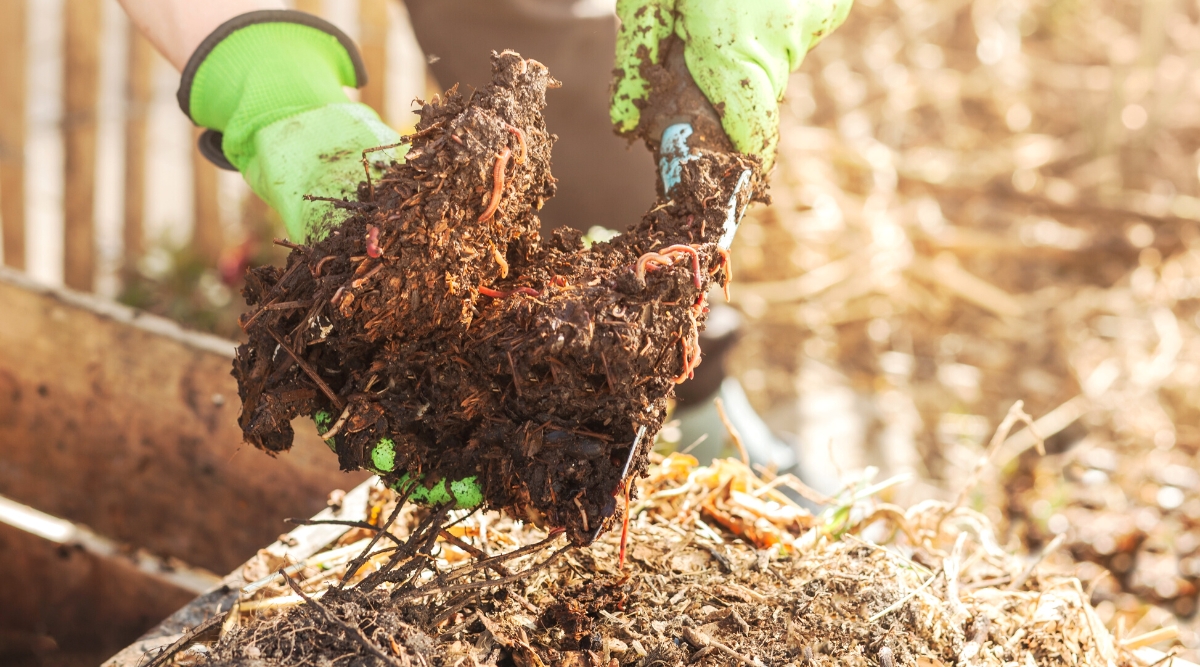
Again , rebuild is the best way to address the problem , ensuring you keep a closer eye on your green - to - brown proportion by book . turn the pile will help here , but it ’s better to see you have ample dark-brown cloth from the scratch .
Moisture is another compost factor you want to bring off to avoid spoiled odour . Soggy compost not only breaks down slower , but the spare wet also limits the trend of O .
This can suffocate the crucial microorganisms require to split up down the compost successfully , direct to the same issues as problem one .
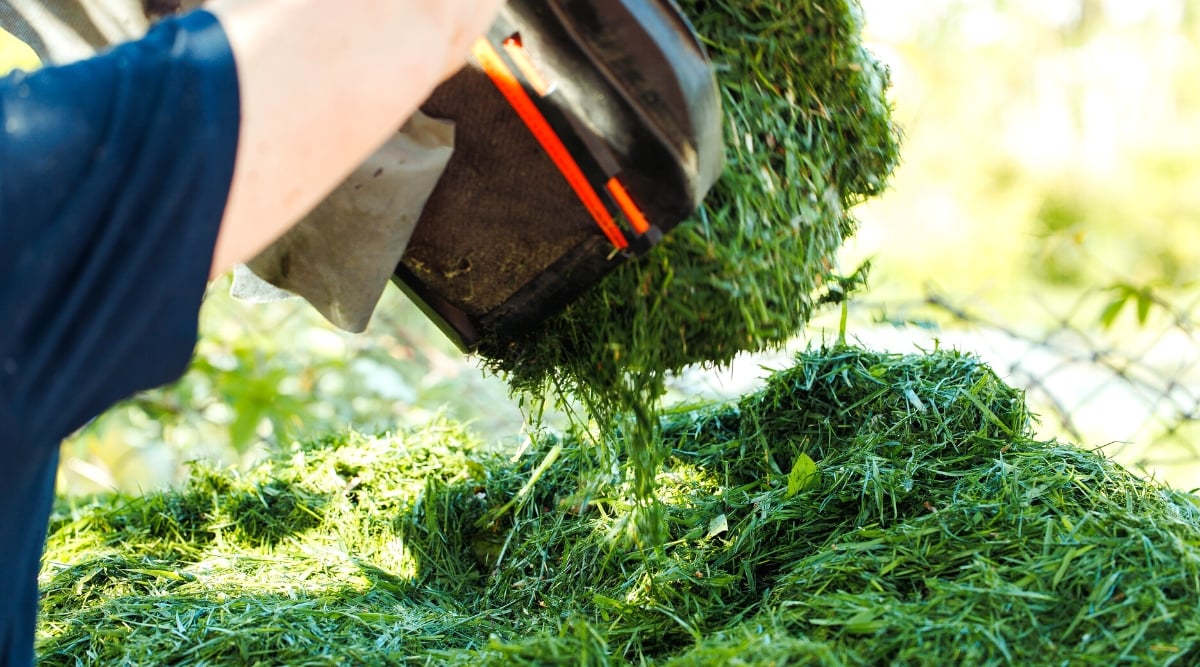
Even if the compost is n’t visibly sloughy , lack of decomposition , flies , lack of rut , and the unpleasant tone indicatesthat there may be too much moisture . Keep your pile protected from too much showery atmospheric condition , and avoid using too many green , which can also contribute to increased moisture levels .
A few waste products arebest avoided to prevent bad smellswhen establish an aerobic spicy compost heap . Any kitchen waste that includes fats , oil colour , or heart light under this category , as they will start to sense when they rot and divulge down .
That does n’t mean you ca n’t compost this waste matter at all . TheBokashi composting methodis great for breaking down any other point you would n’t throw in your hot compost pile and keep the smells comprise inside a seal off container .
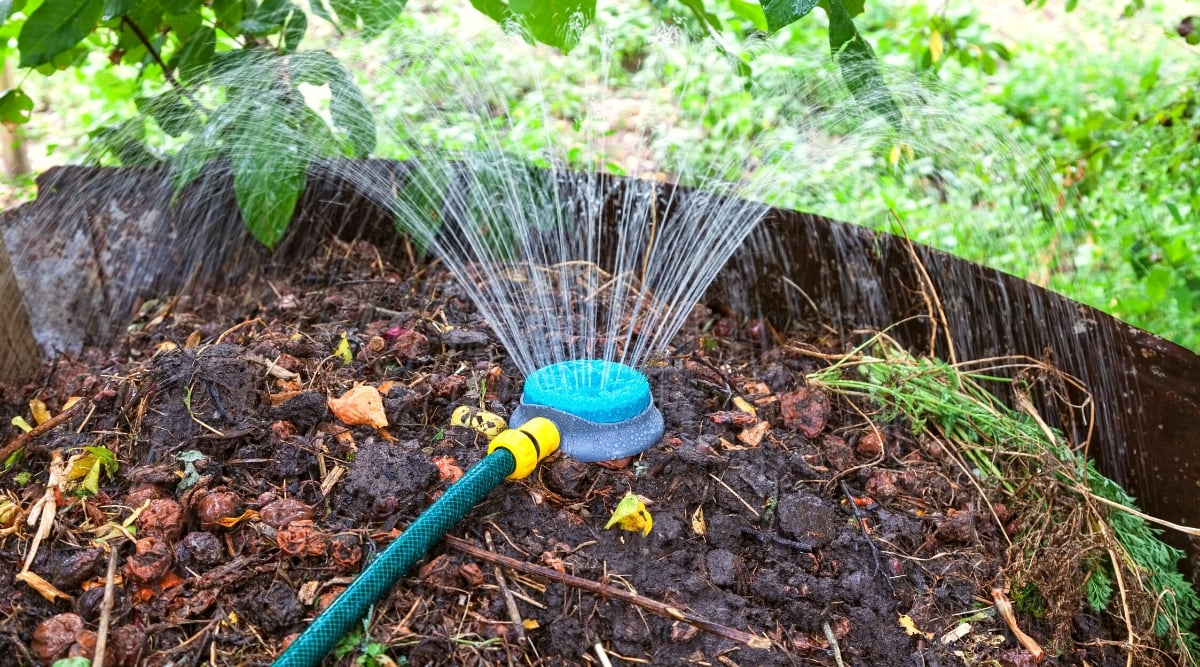
Myth 2: Compost Attracts Pests
Bad microbe and rodents are not thing many gardeners want to attract to their backyard . If you ’re particularly squeamish , you may hold off on composting to avoid invite any undesirable critters around your garden beds .
There is some truth to the claim that compost attracts hemipteran , but it ’s crucial to commend thatnot all bugs are bad . Insects are vital to your garden ’s biodiversity , particularly when compost , as some of the larger bugs help accelerate the decomposition process .
An active pile is a signal that your permissive waste is breaking down successfully . These bug will largely remain on the seeable outer edges where it is cooler rather than in the inwardness of the passion generation .
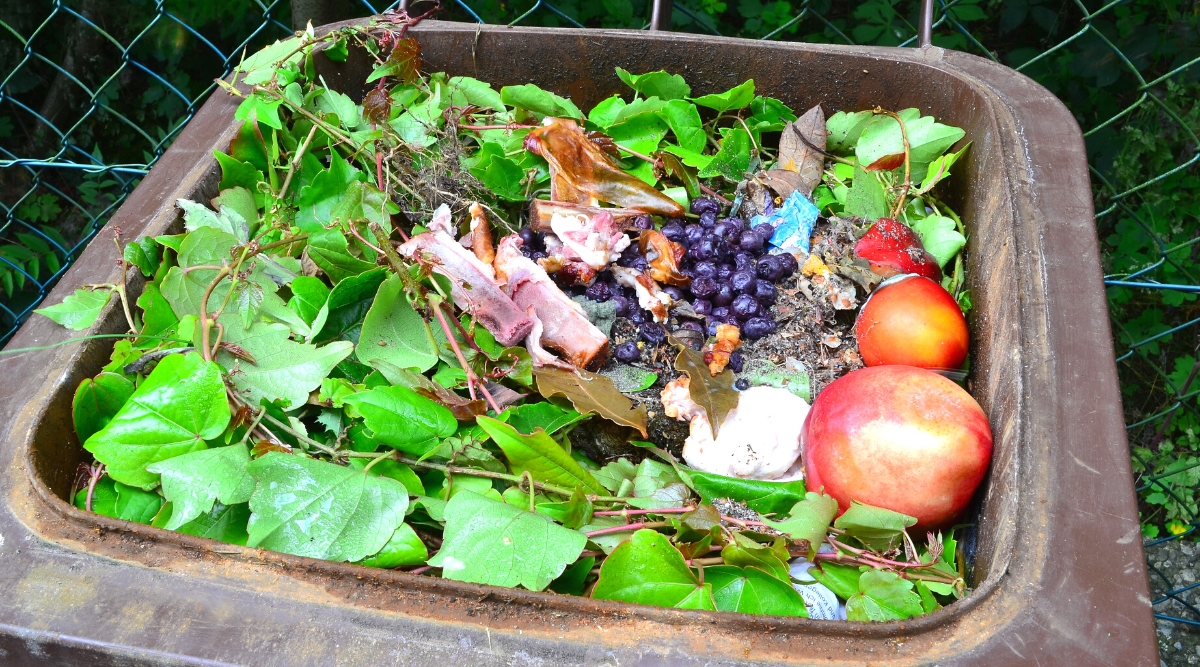
you could fill up off the bin to limit admittance , but it ’s often safe for the health of your garden to let it house a couple of beneficial insects .
Compost can also draw in rodents , reckon on what you supply to the mess . The well-off path to avoid this is to keep material in an enclosed container like acompost tumbler , prevent any neighbourhood wildlife from getting in .
Myth 3: Composting Is Complicated
If you depend at any in - depth compost template online , you ’ll notice that the operation can get quite technical . From superintend nutrient ratios to defend ordered temperatures and working out the perfect recipe of fixings , it can all seem too complicated to be worthwhile .
But , like most thing in gardening , it does n’t have to be too expert . If you ’re interested in the process and require to get down to the nitty - grainy , you do have that alternative , and your pile will likely be more good if you do . But if you are n’t into the science behind it and want to limit time invest in the process , you could stick to the basics .
Rather than follow any complex recipes or worrying about what your compost contains , start off with a wide-eyed combination of equal part green and brown materialstossed in a storebought orDIY compost bank identification number . Once add , you’re able to leave about the good deal and wait for everything to split up down .

Even if you do n’t determine up data point - packed spreadsheets and monitor decomposition vigorously , simply add your garden wasteland to a single mickle still counts as composting . And it ’s a far good use of your garden waste than ship it away .
Myth 4: Composting Takes A Long Time
For impatient gardeners ( myself included ) , it ’s easy to displace composting on the grounds that it takes too longsighted to deliver results . Why wait months or age for a concluding product when you could head to a nursery and buy a cup of tea in an afternoon ?
Depending on how you manage your pile , it can take a while before the compost is quick to use in the garden . But once you get protrude , it ’s the unspoiled way to have a continuous supply of goodish organic material without dip into your horticulture budget . The initial sentence investment will permit you to hike your grunge wellness at no extra cost , which is specially beneficial if you have a large garden . Plus , you ’re reusing waste that would otherwise be useless .
But if you ’re unforced to do a little work , composting does n’t have to take long at all . In fact , you could haveusable compost in as little as 18 daysusing theBerkeley method . Developed by the University of California , this red-hot composting method turn garden waste into full-bodied , break - down compost in less than three weeks .

This method does involve managing a atomic number 6 - to - nitrogen ratio of around 30:1 ( or else , add adequate parting greens and Brown by volume ) , maintain high temperatures around 140F , and turning every second sidereal day after the first four day . you may usethis compost thermometerto admonisher temperature inside your stilt accurately .
If you ’re well-chosen to wait a little longer , even basic management and maintenance ( particularly when it comes to temperature ) will fork over issue far faster than a cold pile that take up to a year to break down .
Myth 5: Compost Kills All Weed Seeds
One of the major benefits of blistering composting is that it can belt down grass ejaculate , allow you to throw out any garden permissive waste without veneration of spread out those weeds around your garden bottom . But this is not a foolproof cognitive process , and managing the peck correctly is significant if you need to reap these benefits .
To pour down weed seeds , your compost must heat up to at least 140F for several days . The locoweed seed you ’re trying to kill must also be exposed to these temperatures in the pith of the pile and not get out on the edges where it is much cool .
If you do your compost well and twist it on a regular basis , it can effectively shoot down off the seeds . But to be safe , it ’s advantageously totrim the weedsbefore they go to seed and allow them to dry out entirely in the Sunday before adding them to your compost pile . you may also practice your smoke around the garden in good ways , such as making plant food .
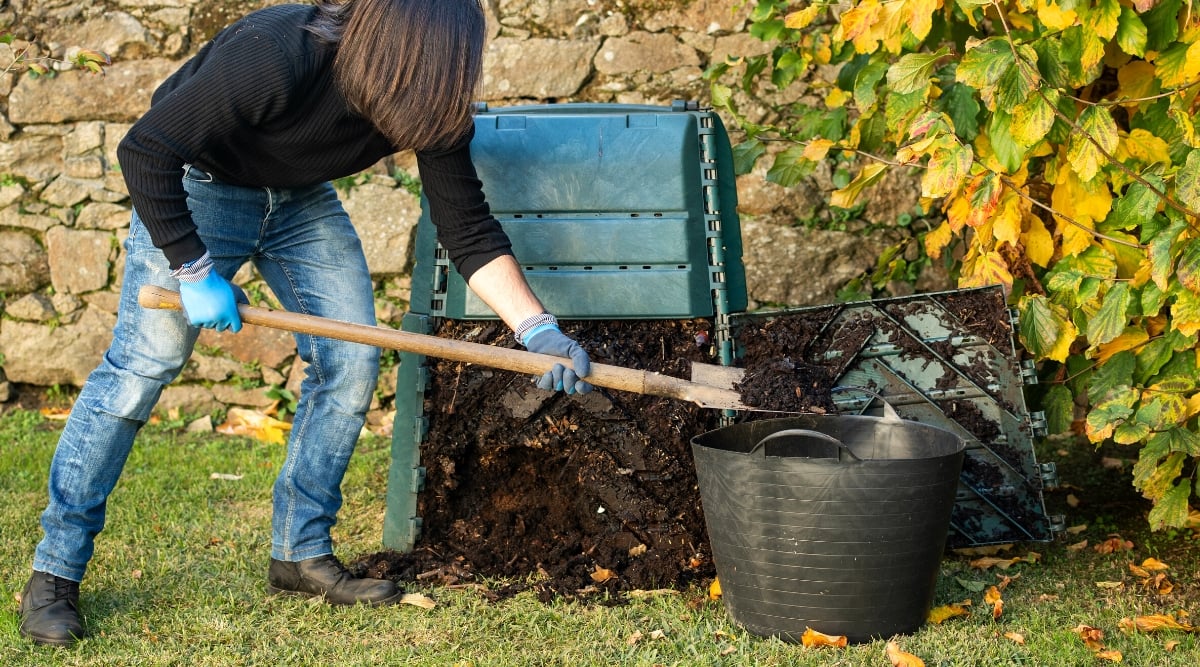
Final Thoughts
Do n’t get any of these myth stop you from compost . Whether you have a little garden or an grand backyard , there are ways to compost that suit your garden want and goals .
